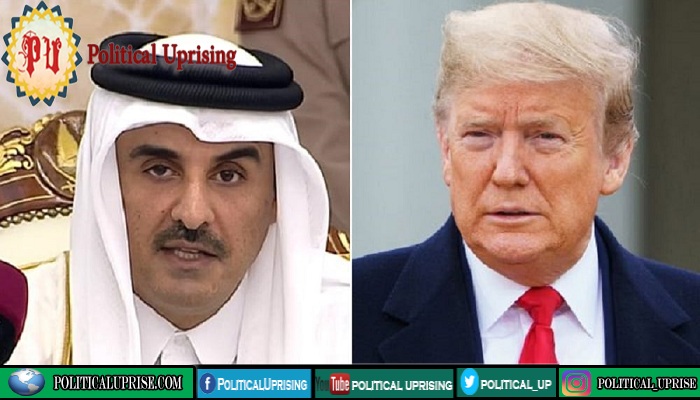DRC Justice Minister Celestin Tunda tenders resignation after a dispute with President Felix Tshisekedi over judicial reform proposals.
The Democratic Republic of the Congo’s Justice Minister Celestin Tunda tendered his resignation in the wake of a dispute with the president over proposed laws that would give politicians more control over criminal prosecutions.
In a televised statement on Saturday, Tunda gave no reason for his departure.
The disagreement over a proposal from Tunda’s political allies to give the justice ministry more control over the judiciary highlighted strains in a fragile coalition government between President Felix Tshisekedi and his long-serving predecessor Joseph Kabila.
Tunda is the first minister to resign from the government, which took eight months of talks to form before it was finally presented last August.
Tshisekedi had said in a speech he would oppose any reforms that undermined the independence of the judiciary.
Madagascar herbal mix draws demand from across Africa
“I leave the government with the conviction that my actions in the ministry of justice made a contribution to the consolidation of the rule of law,” said Tunda, a senior figure in Kabila’s FCC political alliance.
Peter Kazadi of Tshisekedi’s UDPS party said Tunda had sent a letter to Parliament approving the judicial reforms without consulting the government.
“His resignation is normal because the minister acted in violation of the line laid down by the government,” Kazadi said.
Tension mounted in late June when Tunda was briefly detained by police, prompting Prime Minister Sylvestre Ilunga to threaten the government would resign over the matter.
His resignation “removes one element of tension between the two camps, but it’s far from the only point of contention”, said Vincent Rouguet at London-based security firm Control Risks. “(It) is not going to be enough to restore collaboration”,
Countries around the world taken drastic measures to curb COVID-19
Tshisekedi has struggled to assert himself since forming the coalition government with Kabila, who maintains extensive powers through his parliamentary majority, control of most cabinet ministries and the army.
Friction between their parties has spilled into the streets in recent weeks. On Thursday at least three people, including a policeman, were killed during protests in Kinshasa and elsewhere over the nomination of an election commission chief.



